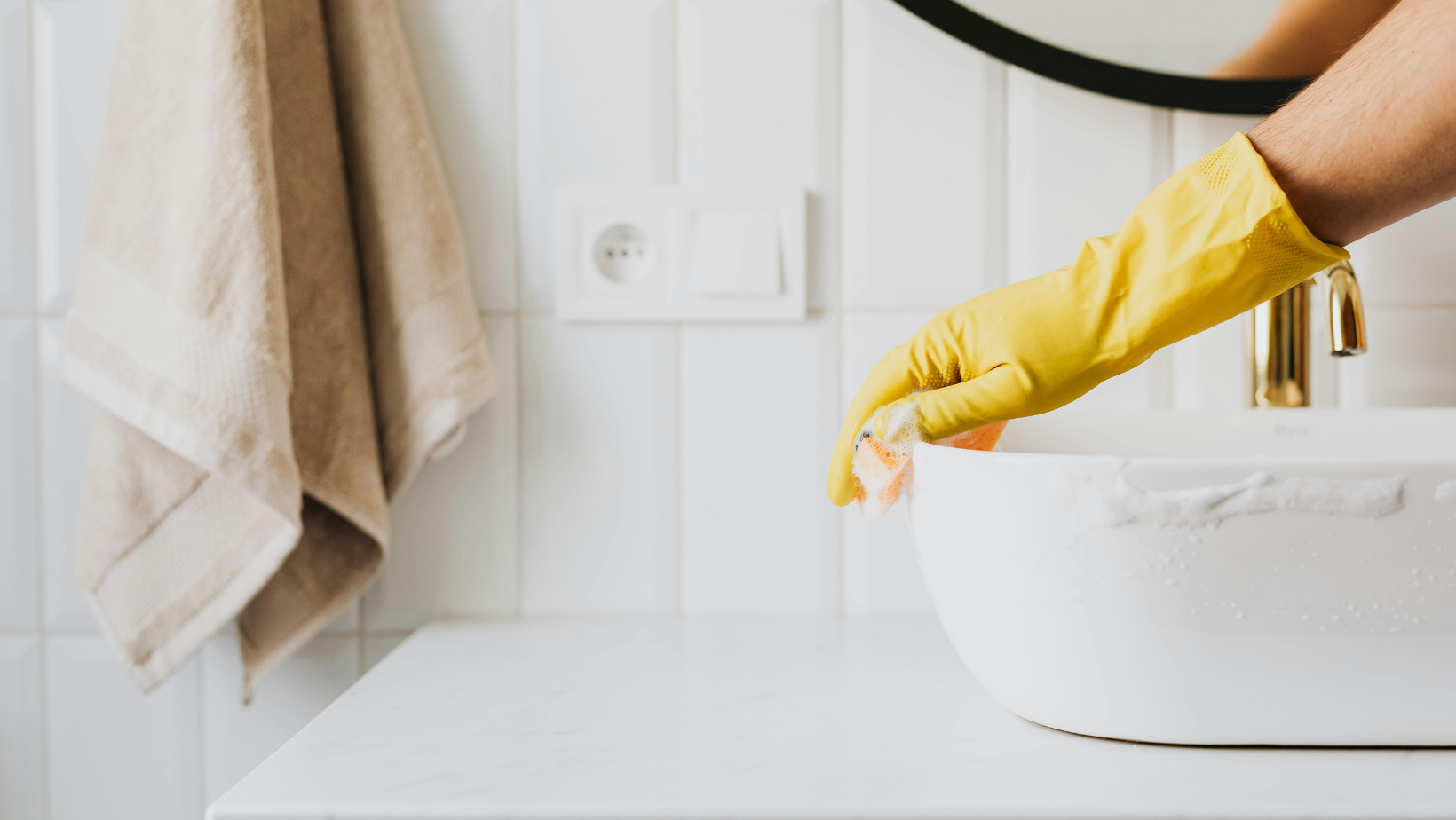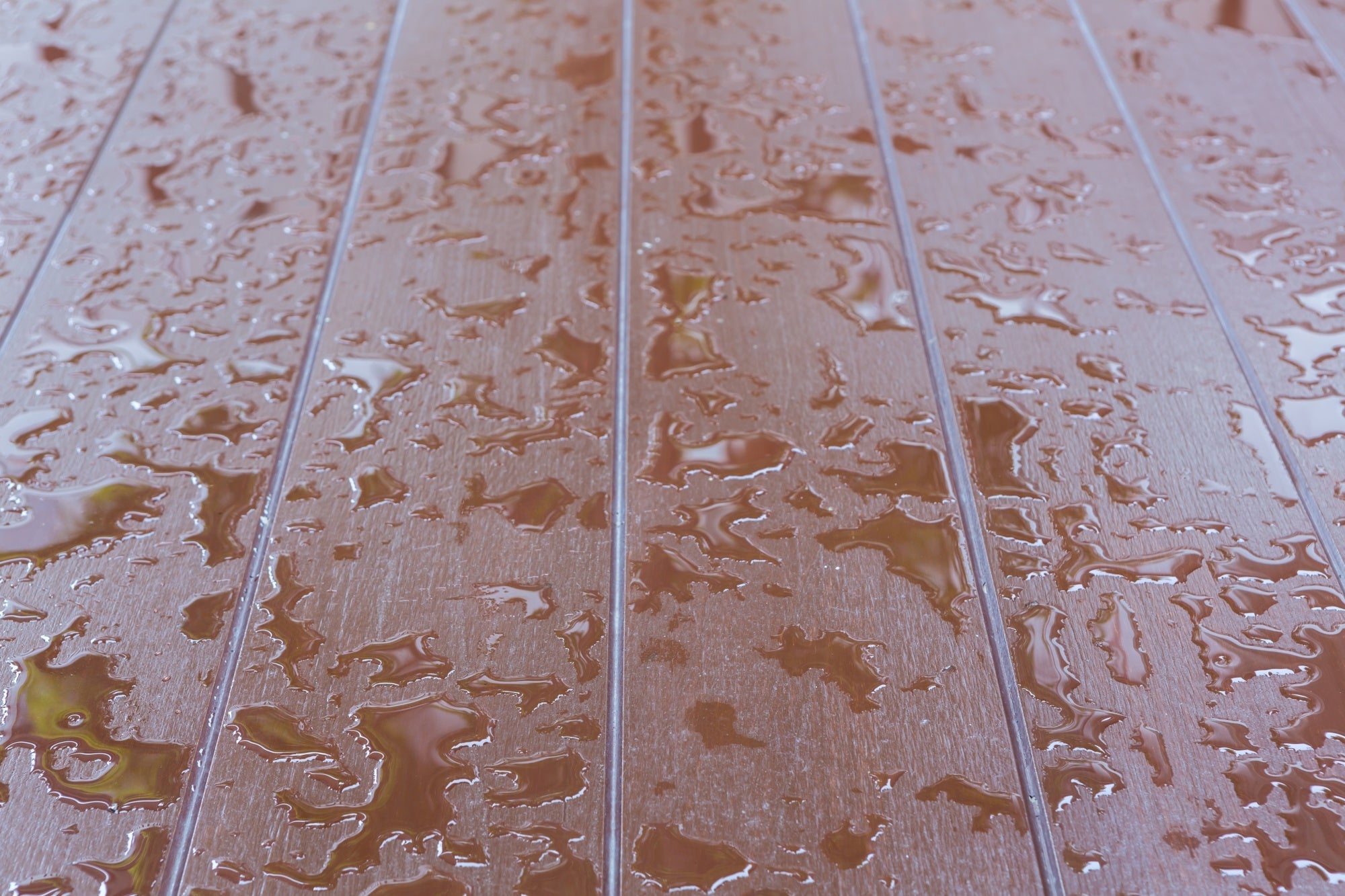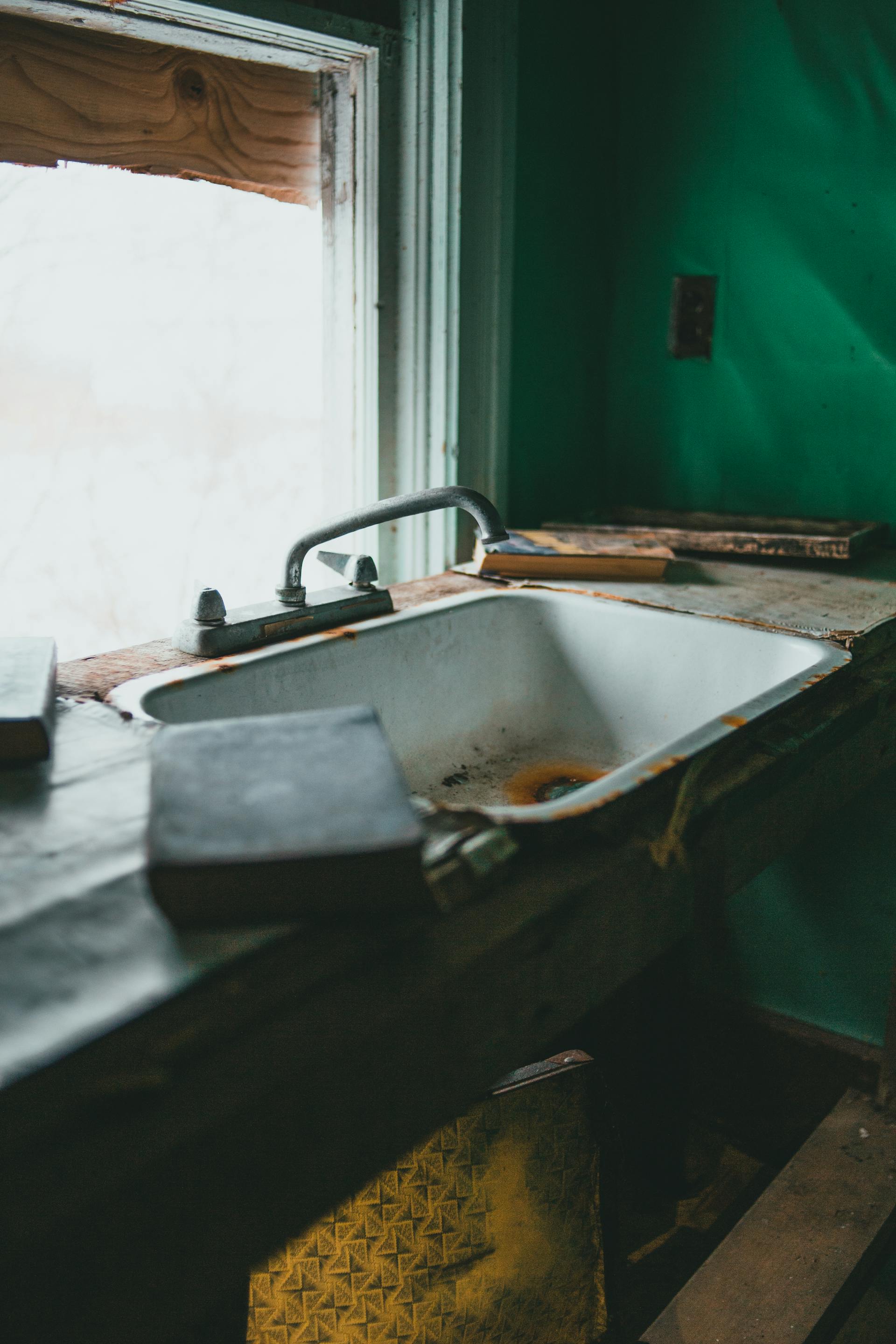Cleaning is not an easy task, but it's still essential to do so, as cleaning your sink and drain is a weekly chore that cannot be overlooked.
Your kitchen sink can easily accumulate bacteria and debris, as 80% of kitchen sinks harbor harmful bacteria. In Australia, 60% of sinks experience clogged drains annually. Consider all the food remnants, grease, and grime that pass through your sink every day, contributing to the kitchen sink drain smell.
Without regular maintenance, this buildup can lead to stubborn clogs, foul odors, and even worse, an unhygienic environment. Fortunately, with a few simple steps and some proactive care, you can ensure your kitchen sink remains in tip-top shape, making your cleaning routine a breeze.
Ready to dive in with these expert-approved kitchen sink hygiene tips and methods.
How Often to Clean a Kitchen Sink
Maintaining a clean kitchen sink isn't just about aesthetics; it's vital for your home's hygiene. In an environment like a kitchen, where food particles and grease are routine culprits, it's essential to adopt a regular cleaning schedule.
Did you know that regular cleaning of kitchen sink drains and faucets prevents buildup and clogs, thus preventing kitchen sink clogs. However, there's also an option for optimal results, aim to clean your kitchen sink thoroughly once a week. This helps to prevent the buildup of grime and bacteria and keeps your sink looking spotless. Incorporate a deep clean at the beginning or end of your week as part of your regular household chores.
Beyond regular cleaning, be mindful of everyday habits that can help in maintaining kitchen sink cleanliness. Rinse food particles down immediately after use and run hot water down the drain to help dislodge any potential clogs before they form.
Additionally, try learning how to deep clean a kitchen sink and consider implementing a monthly deep cleaning regimen with natural cleansers like baking soda and vinegar, as they are effective natural cleaners for drains. This not only tackles grease and fat buildup but also ensures your drains remain clear and odor-free.
A well-maintained kitchen sink will save you from both hygiene issues and potentially costly repairs.
Step-by-Step Guide to Cleaning Your Kitchen Sink Drain
Keeping your kitchen sink drain clean is crucial for your kitchen's overall health and functionality. To extend the life of your kitchen sink you must start by gathering your tools: sponge, plush microfiber cloth, scrub brush (optional), soft cloth, and microfiber cloth.
Meanwhile, the best kitchen sink cleaners are the following supplies: baking soda, dish soap, vinegar, hydrogen peroxide, lemon, salt, white vinegar, and hot water. These items will help you tackle any grime or minor blockages efficiently.
Let's dive into an efficient method to ensure your sink stays clean and clog-free.
- Step 1: Clear the DrainRemove any standing water or food scraps from the sink basin. This ensures that the cleaning solutions can effectively reach the drain without obstruction.
- Step 2: Use baking soda and vinegar pour half a cup of baking soda down the drain, followed by a cup of white vinegar. The mixture will fizz and bubble, which helps to break down any buildup. Let it sit for 10-15 minutes to dissolve grime and kill bacteria.
- Step 3: Flush with hot water boil a kettle of water and carefully pour it down the drain. This will help flush away the loosened debris and clean your drain.
- Step 4: Scrub the sink using a scrub brush, and clean the sink basin, paying special attention to areas around the drain and faucet. Scrubbing helps remove any lingering residues and keeps the surfaces sparkling.
- Step 5: Address stubborn clogs, if the water drains slowly, you might have a tougher clog. You can use a plunger to try and dislodge it. A sink snake can usually handle more stubborn blockages if that doesn't work.
Here is our tip for preventive maintenance to keep your drain fresh between deep cleans: regularly pour hot water down the drain and occasionally use the baking soda and vinegar method. Avoid pouring grease or coffee grounds down the sink to prevent buildup.
Incorporating these simple steps into your kitchen cleaning routine ensures your sink drain remains clear and free from clogs, contributing to a more hygienic and efficient kitchen environment!
Do you want to extend the life of your kitchen sink? Then opt for Sinks and Bowls Kitchen Sinks they are the essential feature of any kitchen, providing a space for washing dishes, preparing food, and performing other daily tasks. Find one that fits your specific needs and design preferences.
Transform Your Space with Style and Functionality at Sinks and Bowls.






Share:
Finding the Perfect Laundry Sink in Sydney: A Guide to Types, Installation, and Maintenance
Framed vs. Frameless Bathroom Mirrors: A Complete Guide to Choosing the Perfect Mirror for Australian Homes